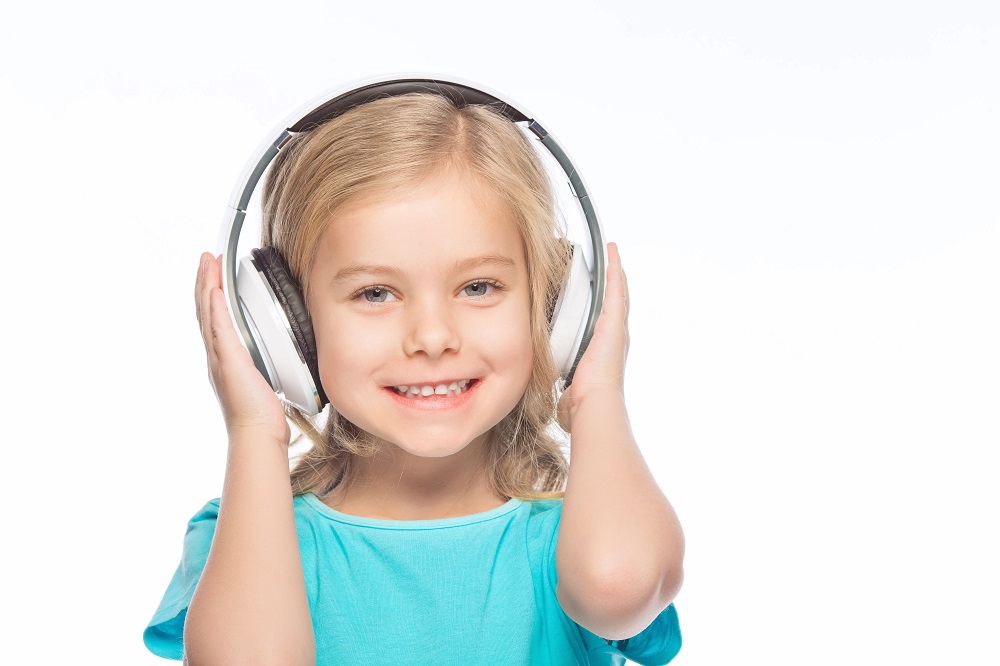Advanced Listening Therapy for school children harnesses innovative techniques to improve their auditory skills and overall communication abilities. Unlike basic methods, advanced therapy involves structured programs designed to improve auditory processing and listening comprehension. This type of therapy not only aids children with learning difficulties but also bolsters their academic performance and social interactions.
Incorporating these advanced techniques in schools can provide significant benefits for students, especially those with auditory processing disorders, ASD, or ADHD. Techniques such as electronically altered music have shown promising results, as they can produce specific effects on listening skills when followed correctly. To effectively implement these strategies, educators should adopt a comprehensive and systematic approach, ensuring that each child receives tailored support based on their needs.
Gaining extensive knowledge from an advanced guide on listening therapy can provide educators and therapists with insightful information that they can implement into their work. By employing such resources, schools can create a supportive environment where children can thrive academically and socially. These approaches, combined with empathy and the right techniques, form the cornerstone of promoting better listening skills among students. This article is intended to provide information and should not be considered professional advice, so consult a medical professional for further assistance.
Key Takeaways
- Advanced techniques improve listening and communication skills.
- Tailored approaches benefit students with learning difficulties.
- Comprehensive resources aid in implementing effective therapies.
Foundations of Advanced Listening Therapy
Advanced Listening Therapy integrates various techniques designed to enhance children’s listening and communication abilities. By focusing on critical elements such as active listening, occupational therapy, and the development of social skills, this approach fosters significant improvements in children’s interactions.
Understanding Listening and Its Components
Listening is a complex skill involving multiple senses and cognitive processes. It requires not only hearing the words but also interpreting and comprehending the meaning behind them. This skill forms the basis for effective communication and is essential in daily interactions.
Active listening involves giving full attention to the speaker, demonstrating empathy, and ensuring the message is understood. This can be particularly challenging for kids with sensory processing issues or developmental delays. Techniques such as using modulated CDs/SDs to stimulate auditory pathways have shown promising results in engaging the nervous system and enhancing both attention and understanding.
Role of Occupational Therapists in Listening Therapy
Occupational therapists (OTs) play a pivotal role in listening therapy. They design individualized programs to address each child’s specific needs. OTs often use tools like enhanced music and specialized soundtracks to stimulate auditory processing centers in the brain. These therapeutic interventions are tailored to integrate with other sensory and motor activities, promoting a holistic approach to therapy.
Through consistent monitoring and consultation with parents and teachers, therapists ensure that the therapy is effectively supporting the child’s development. They also provide recommendations and adjustments as needed. This continuous feedback loop helps in maintaining progress and achieving long-term communication skill improvements.
Importance of Active Listening in Developing Social and Communication Skills
Active listening is crucial for the development of social and communication skills in children. This involves not only hearing but also understanding and responding appropriately. Children who excel in active listening are better at forming relationships and expressing their thoughts clearly.
Occupational therapists work on enhancing children’s capacity to engage in active listening through targeted therapies that stimulate different auditory and cognitive pathways. This leads to improved social skills, better peer interactions, and more positive relationships with both adults and peers.
Practical Strategies for Implementation
Implementing advanced listening therapy in school requires a multi-faceted approach that includes techniques to enhance listening skills at school, activities for home and classroom, and incorporating listening therapy into daily life.
Techniques to Enhance Listening Skills at School
Begin by minimizing distractions to help students focus. Turning off electronic devices, reducing background noise, and setting clear expectations foster an environment conducive to listening.
Use role-playing exercises, which are interactive and help students practice active listening in different scenarios. Assigning roles can enhance empathy and understanding of verbal and nonverbal cues, including body language and nodding.
Encouraging reflective listening helps students articulate thoughts by repeating what they’ve heard, fostering effective communication and comprehension.
Activities for Home and Classroom that Promote Effective Listening
Parents and teachers can incorporate sound-based interventions like therapeutic listening or playing specific types of music to help regulate and focus the brain.
Interactive group activities such as team-based projects or homework assignments improve attention span and teamwork. Using fine motor skills activities, like drawing or assembling puzzles, can also support self-regulation and concentration.
Regular motor planning exercises at home and in the classroom can strengthen the child’s ability to process sensory information and improve overall listening skills.
Incorporating Listening Therapy Into Daily Life
To embed listening therapy in daily life, design a consistent home program. This involves structured sensory integrative activities that aid in self-regulation.
Use simple verbal and nonverbal cues during daily conversations, like maintaining eye contact and using affirmative gestures, to reinforce effective listening habits.
Incorporate reflecting emotions in family conversations, helping children understand and articulate their feelings. Encouraging these habits can lead to positive changes, enhancing their ability to be active listeners both at school and at home.
By integrating these strategies, children can develop stronger listening capabilities, making therapeutic listening a part of their routine life, and resulting in improved effective communication and academic performance.
Conclusion
Enhancing listening skills in school kids through advanced listening therapy can lead to notable improvements in their educational outcomes. Techniques such as using modulated music, interactive platforms, and specific activities are effective in boosting these skills.
Incorporating these methods into school-based therapy settings aids children in reaching their full potential. Engaged and attentive listening not only fosters better communication skills but also enhances overall academic performance.

